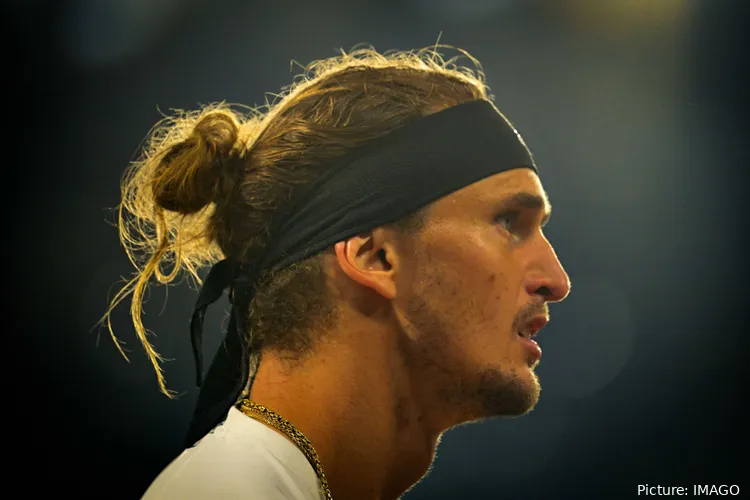Alexander Zverev has given tennis Germany a moment of glory by reaching the final at the French Open. Not much was missing for the DTB’s first Grand Slam title in the men’s singles for 28 years. However, Zverev’s fantastic development is diametrically opposed to that of German professional tennis. Because there is a huge gap behind the Hamburg native. There is a need for action.
Alexander Zverev – and then?
If you look at the first two Grand Slam competitions of the season, the answer can only be: not much! Ten German professionals – five women, five men – competed at the Australian Open. Half of them were eliminated in round one and Zverev was alone from round three onwards. It was a similar picture at the French Open recently.
There were seven men and six women in the main draw at Roland Garros. Only Jan-Lennard Struff, Tamara Korpatsch and Zverev got past the first hurdle. From the round of 16 onwards, only the Olympic champion from Hamburg represented the German colours.
The fact that Zverev played a fantastic tournament, dominating clay court king Rafael Nadal at the start and only losing to Carlos Alcaraz in a thrilling final match, was a tennis feast for Germany. At the same time, the 27-year-old’s performance glossed over a lot of the problems at the German Tennis Federation (DTB). “I’m worried,” admitted Boris Becker in an interview with Eurosport. There is “a big gap” behind Zverev. The realisation is not new, the negative development has been observable for years – and it stood out because the drop was glaring.
A look at the world rankings reveals the misery
Between 2013 and 2018, there were five women’s singles Grand Slam finals with German participation and three titles won by Angelique Kerber. Four players (Kerber, Sabine Lisicki, Andrea Petkovic, Julia Görges) made it into the top 10 of the world rankings in these years. However, there are currently no Germans in the top 50 of the WTA rankings.
Things are looking better for the men, who lagged behind the Kerber generation in the “golden years”. Zverev is in fourth place, Struff in 35th, but the truth is that Germany has only one professional tennis player in the top 100, Jule Niemeier, who is younger than 25 – including men.
There are difficulties with the 18 to 21-year-olds, says Becker: “If they come from the youth sector, I don’t see enough good players who can assert themselves.”
